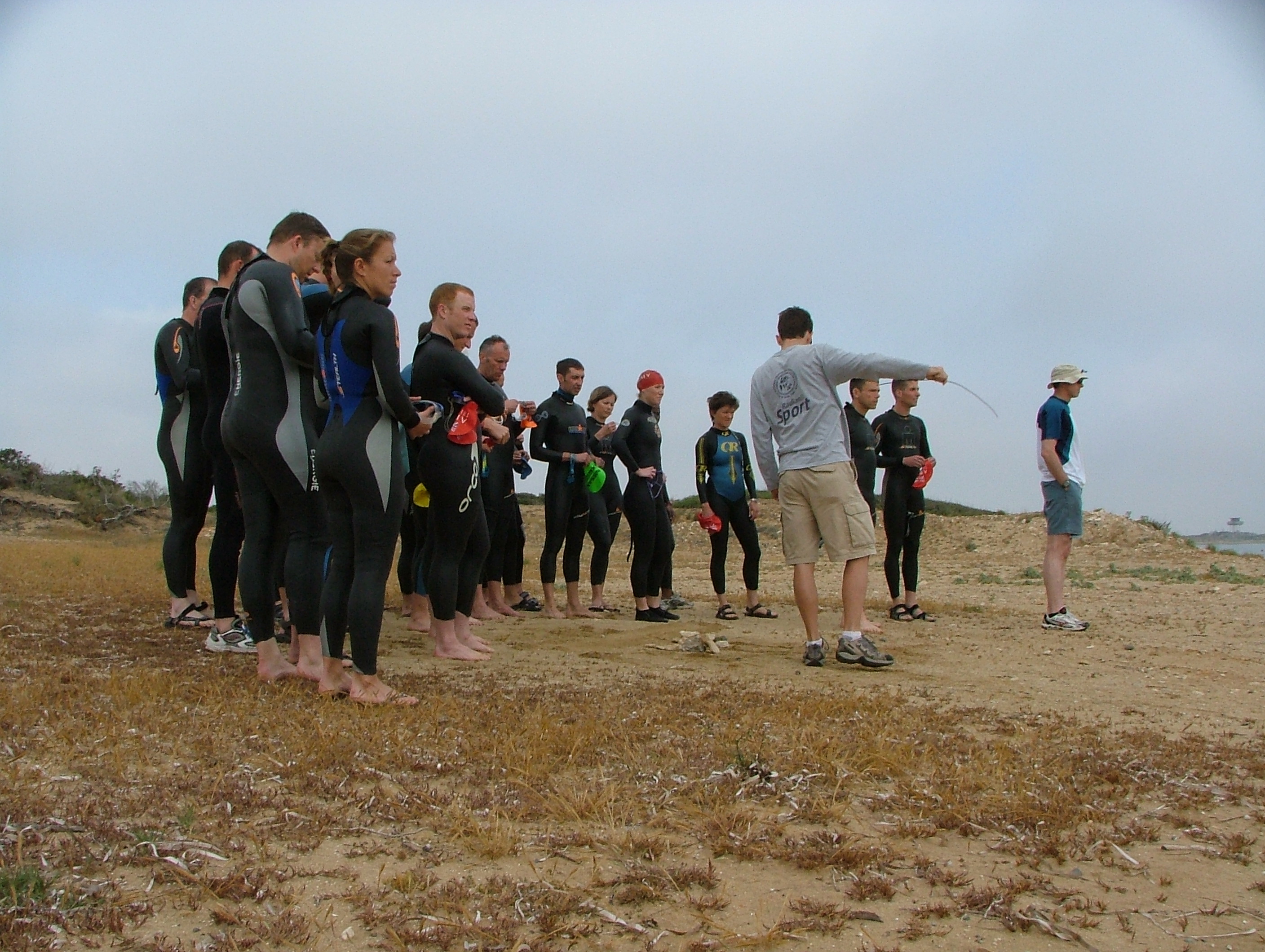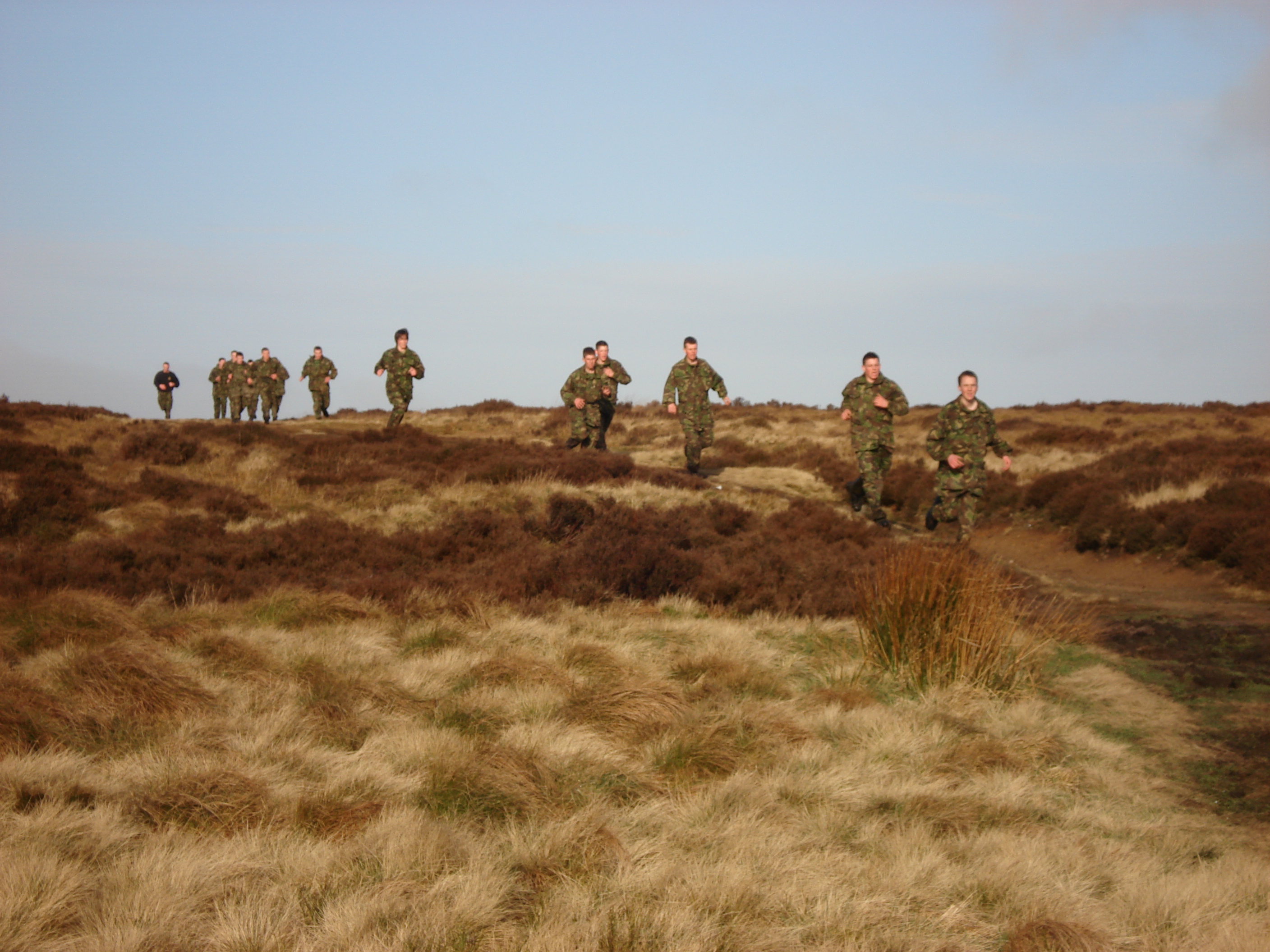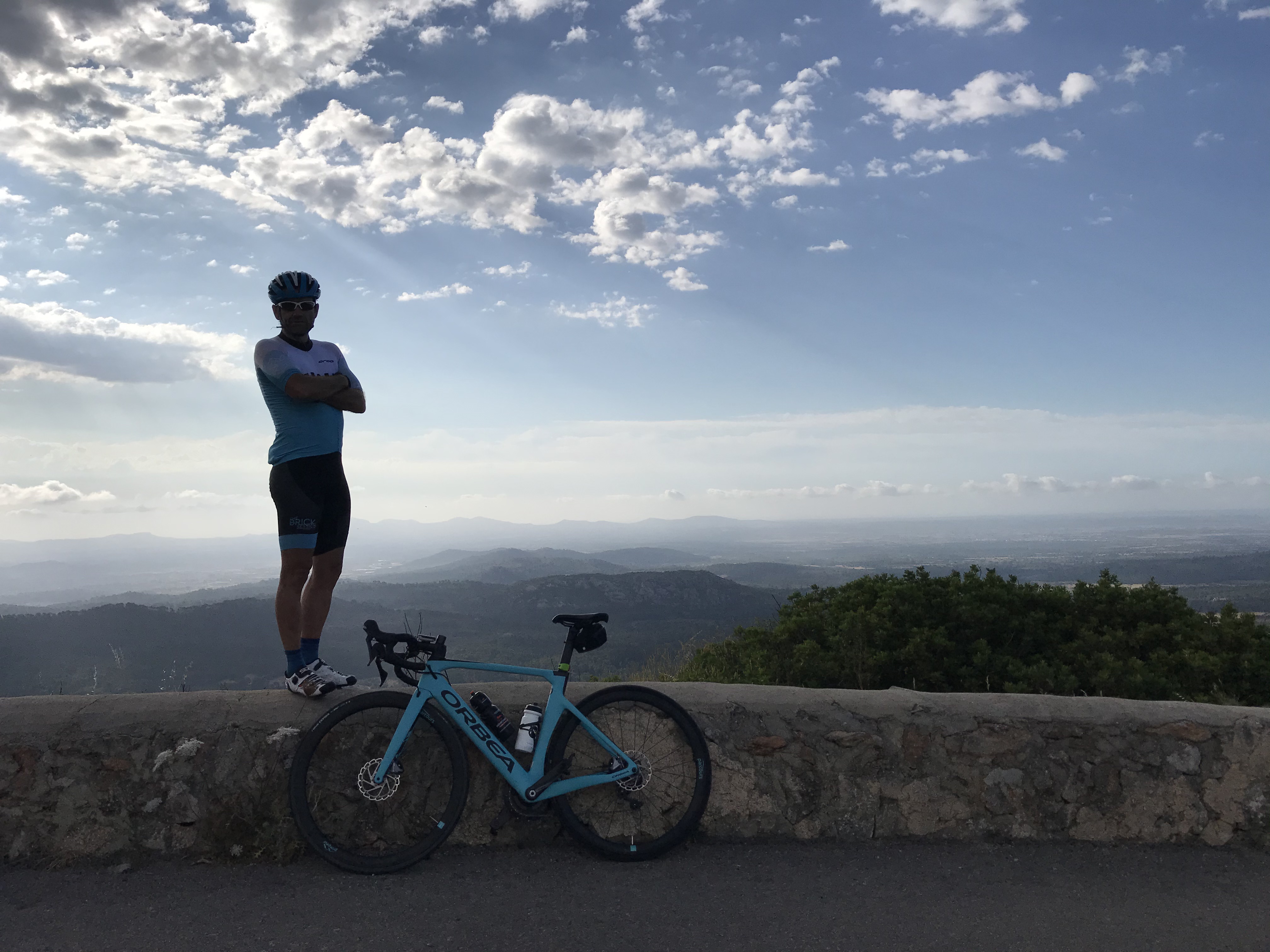Mark Livesey, Xhale co-founder and Triathlon Coach
It wasn’t until I personally experienced how potent a coach’s actions and comments could have on my own performance and attitude that I fully understood how influential this relationship is.
Early in my Army career I saw first-hand how an instructor could heavily influence a young soldier’s mental strength, but also their physical performance. I experienced an instructor who was toxic almost to the point of bullying. The rationale at the time was to break soldiers down to toughen them up. “Just one more rep” until they broke and you saw the “real deal”. Offering no guidance or positive feedback was actively encouraged within the training staff. In fact, negative feedback was preferred. Why? Because this is how it was always done….
As a young physical training instructor, I fell into this style of instruction without any doubt that things could have been done better. But I soon realised that a lack of feedback increased self-doubt and self-sabotage within the recruits and did nothing to help them develop the tools they would later need in stressful and testing environments. I began to develop my own style of coaching and saw that even small positive comments, or physical signals such as a smile or a nod, could have a huge impact on young soldiers striving for acceptance and ultimately success.
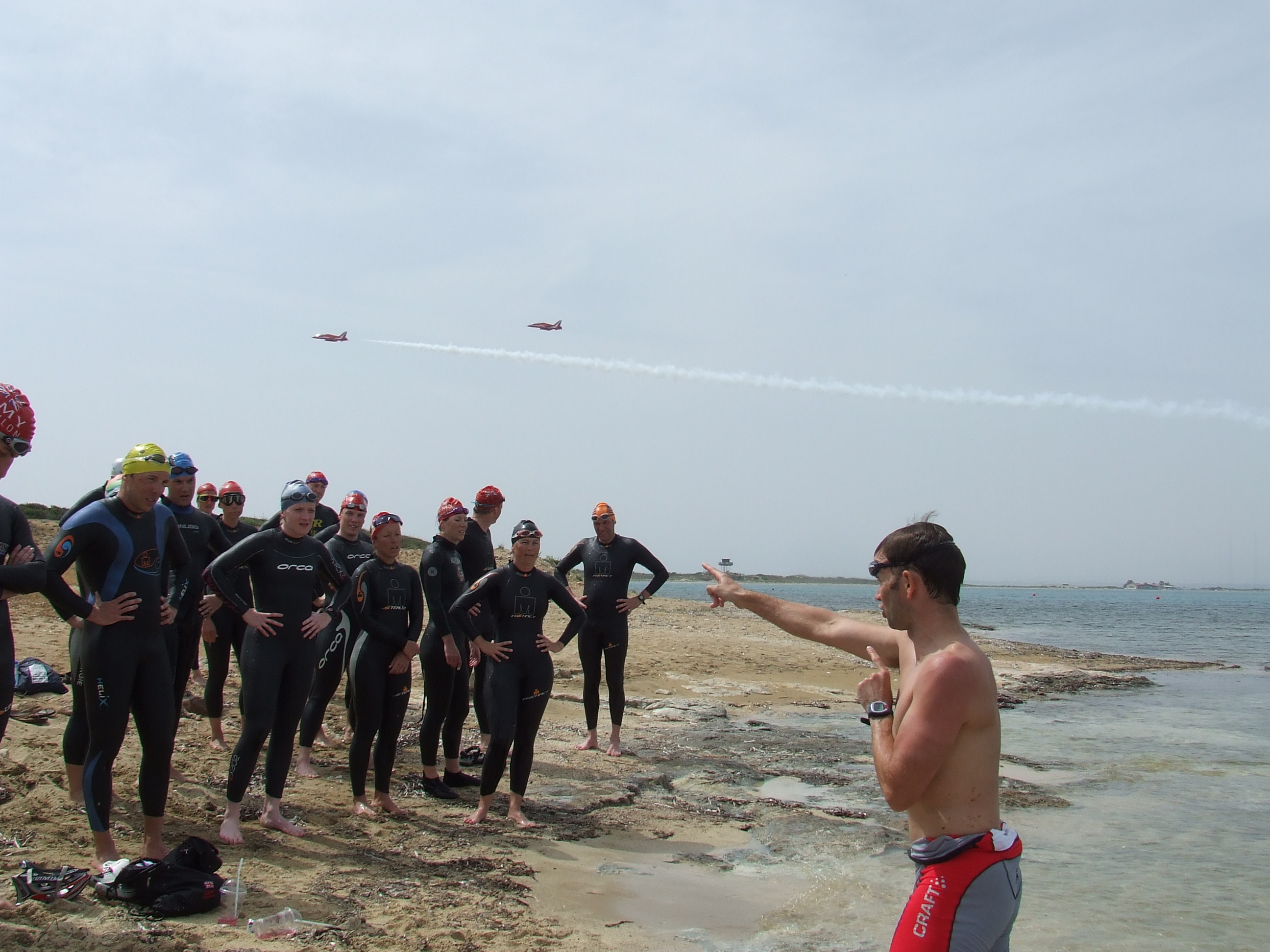
Not long after I had my epiphany, I was at a local swim squad training session. The team were mostly junior swimmers and were being coached by a middle-aged ex-national swimmer who had a very outdated approach. He would write the session on his white board, then he’d sit himself down and only ever shout out swim splits. I never once saw him get animated or enthusiastic when on pool side and I often wondered why he chose to be a coach in the first place.
One day, after a really tough session, I told him that his young swimmers would respond well if he’d offer some positive feedback. I said a simple thumbs up could be enough for these young athletes. His response to me was ‘They’re here to swim” and that was it; conversation closed.
The feedback loop is an essential part of coaching. In modern terms, this is the difference between buying/downloading a generic training programme online and employing a coach who prescribes training specific to you and gives you feedback after each session. But as my early experiences showed me, poor coaching can do more damage than good. In fact, I know athletes who have been subjected to bad coaching and have taken years to recover. For some it effects the rest of their athletic career or pushes them out of the sport all together. If you are reading this as an athlete and you ever feel the need to lie to your coach, then it is time to terminate the contract. Mutual respect and honesty are the keystones of the coach/athlete relationship.
Mutual respect and honesty are the keystones of the coach/athlete relationship
Mark Livesey
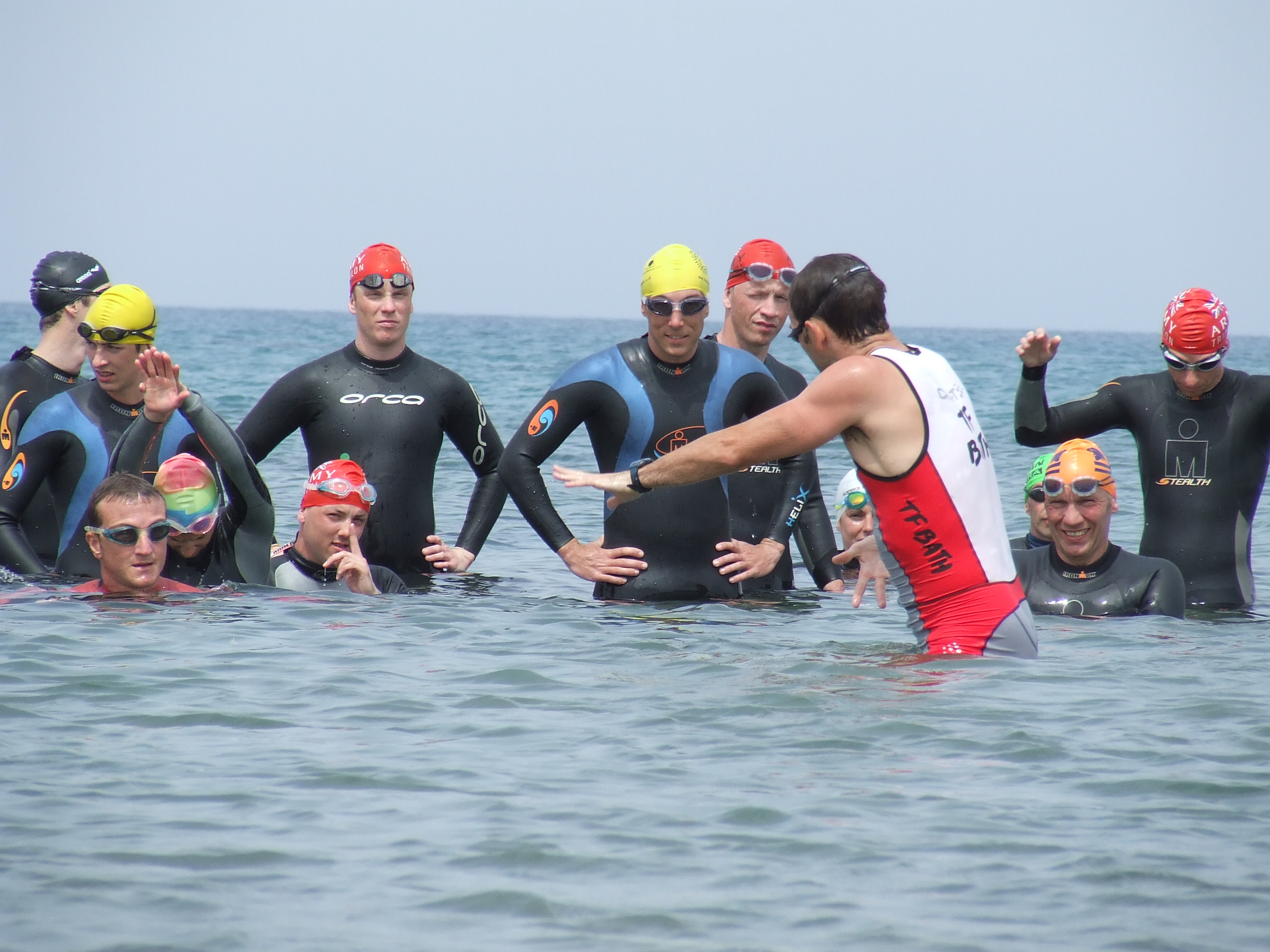
We created Xhale with communication at its core because those early experiences have shaped the next 30 years of my personal coaching development. The gold standard is being “track side” for every session an athlete performs. But for the majority of both athletes and coaches this is just not viable. So the next best thing is to receive and return feedback on every session. The coach/athlete relationship develops much more rapidly with daily interaction and as a coach you understand quickly how to drive them towards their potential. What you do with that knowledge is what defines you as a coach. You have a hugely influential role in your athlete’s life and with that comes responsibility.
I hope as an Xhale coach you recognise that responsibility and encourage clear, consistent and honest communication so you can deliver your coaching effectively to get the most from every athlete.
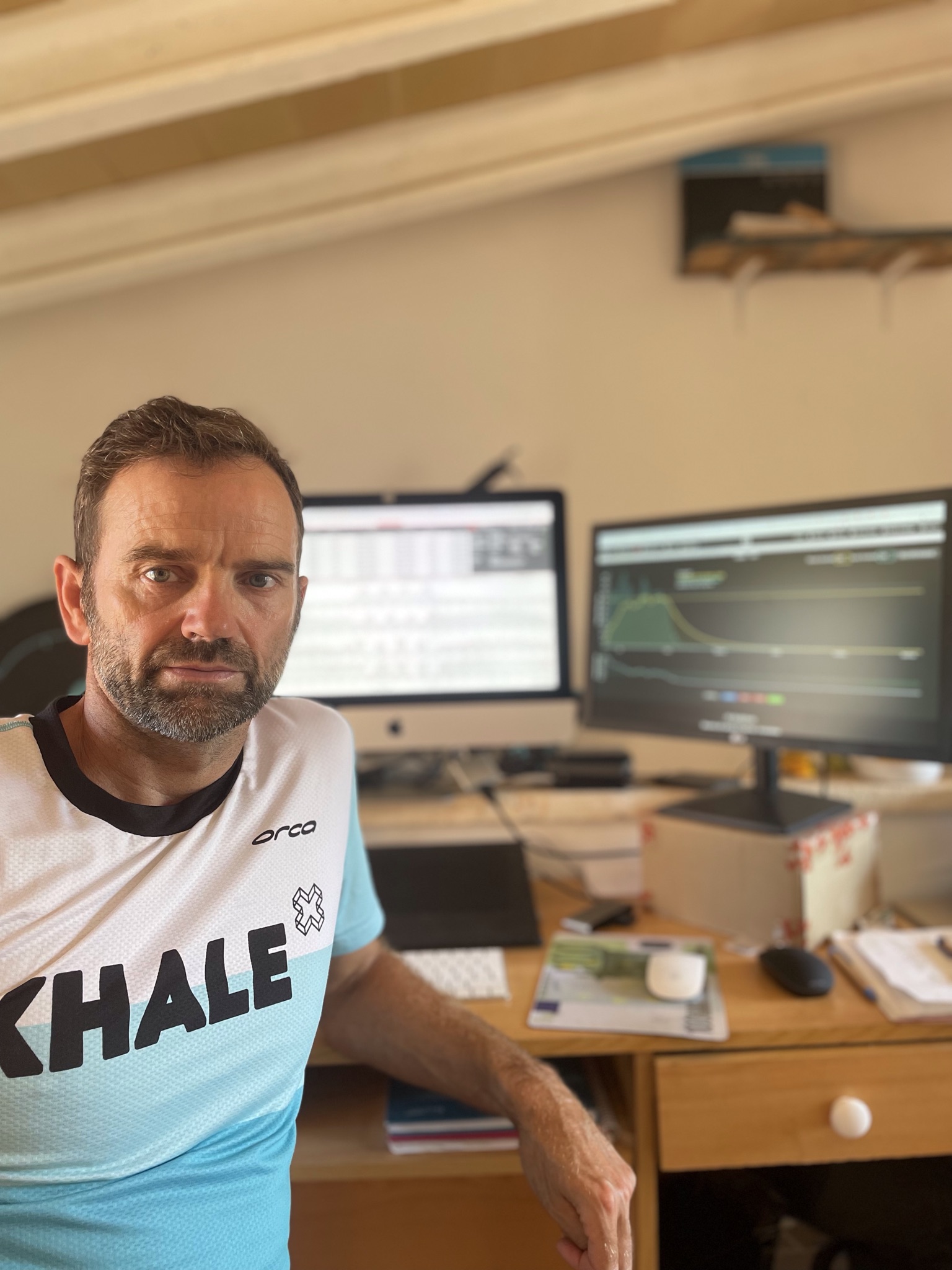
Mark Livesey is one of the co-founders of Xhale.
Mark has been coaching sport for nearly 30 years in many different roles. He now coaches triathletes, cyclists and runners on Xhale. He continues to develop the coaching platform based on his experiences and those of the large community of coaches using the software.
Mark is the host of the triathlon podcast The Brick Session which can be found on all the podcast platforms. Mark is also a film producer and his films can be found on The Brick Session Media You Tube channel.

